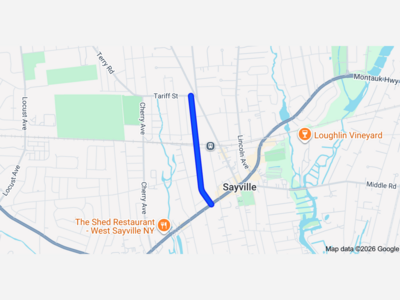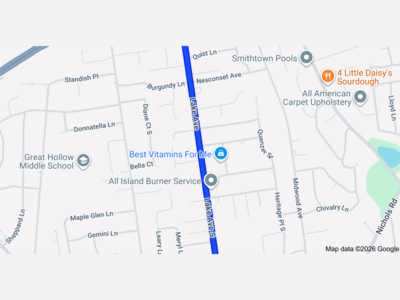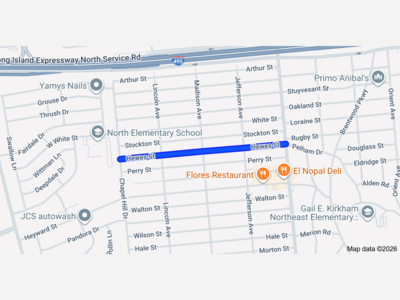Physical Symptoms of Depression: Understanding the Mind-Body Connection
Physical Symptoms of Depression: Understanding the Mind-Body Connection
Depression is often thought of as an emotional or mental health issue, characterized by sadness, hopelessness, or a lack of motivation. While these are hallmark symptoms, many people are unaware that depression can also manifest in the body. These physical symptoms are not imagined or exaggerated; they are a direct result of the intricate connection between the mind and the body. Recognizing these symptoms is crucial for timely diagnosis and effective treatment.
Common Physical Symptoms of Depression
1. Chronic Fatigue
One of the most pervasive physical symptoms of depression is constant fatigue. People often describe feeling drained, as though even simple tasks like getting out of bed or brushing their teeth require an enormous effort. This fatigue persists regardless of how much rest they get, affecting daily life and productivity.
2. Unexplained Pain
Depression is closely linked to physical pain, including headaches, backaches, and joint pain. These aches and pains often do not have a clear medical cause and are resistant to traditional pain relief methods, leading to frustration and further emotional distress.
3. Digestive Issues
The connection between mental health and gut health is well-documented. Depression can lead to nausea, stomachaches, bloating, or irritable bowel syndrome (IBS). Loss of appetite or overeating, both common in depression, can also exacerbate digestive issues.
4. Sleep Disturbances
Insomnia and hypersomnia (excessive sleeping) are common in people with depression. Insomnia can involve trouble falling asleep, waking up frequently, or feeling unrefreshed after a full night’s rest. Hypersomnia, on the other hand, can make individuals feel as though they can never get enough sleep.
5. Changes in Appetite and Weight
Depression can cause significant changes in eating habits, leading to weight gain or loss. Some individuals find food unappealing and struggle to eat, while others turn to comfort eating as a way to cope with their emotions.
6. Weakened Immune System
Chronic stress and depression can suppress the immune system, making individuals more susceptible to illnesses like colds or infections. This weakened immunity can also slow recovery from minor ailments.
7. Slowed Physical Movement and Speech
A lesser-known symptom of severe depression is psychomotor retardation, which refers to slowed movements and speech. People may take longer to respond, walk slower than usual, or appear physically weighed down.
8. Chest Tightness or Heart Palpitations
Depression often coexists with anxiety, and together they can cause symptoms like chest tightness, a racing heart, or difficulty breathing. These sensations can mimic a heart attack, leading to additional stress and worry.
Why Does Depression Cause Physical Symptoms?
The physical symptoms of depression can be traced back to biological changes in the brain and body. Depression affects the balance of neurotransmitters like serotonin, dopamine, and norepinephrine, which regulate mood and pain perception. It also increases the production of stress hormones like cortisol, which can cause inflammation and disrupt normal bodily functions.
For example:
• Fatigue and Pain: These may stem from altered serotonin levels, which influence both energy and pain perception.
• Digestive Issues: The brain and gut communicate through the vagus nerve, so changes in brain chemistry can disrupt digestion.
• Sleep Problems: Depression can interfere with the body’s natural circadian rhythms, leading to irregular sleep patterns.
Seeking Help for Physical Symptoms
If you or someone you know is experiencing physical symptoms without a clear medical cause, it’s important to consider the possibility of depression. A comprehensive evaluation by a healthcare provider, including a discussion of both physical and emotional symptoms, can help identify the root cause.
Here are some steps to take:
• Speak to Your Doctor: Share all symptoms, even if they seem unrelated. A doctor can rule out other medical conditions and determine whether depression is the underlying cause.
• Therapy: Psychotherapy, such as cognitive-behavioral therapy (CBT), can help address the emotional and behavioral aspects of depression, which often alleviates physical symptoms as well.
• Medication: Antidepressants can regulate neurotransmitter imbalances, providing relief from both emotional and physical symptoms.
• Lifestyle Adjustments: Exercise, a healthy diet, and mindfulness practices like meditation can improve overall well-being and reduce the physical toll of depression.
Breaking the Stigma
Physical symptoms of depression are often misunderstood or dismissed, leading individuals to feel isolated or invalidated. It’s essential to recognize that depression is a legitimate medical condition that affects the whole person, not just their mind. By understanding the physical manifestations of depression, we can foster compassion, encourage open conversations, and promote access to effective care.
Depression may cast a long shadow, but with the right support and treatment, both the mind and body can heal.
More News from Mount Sinai
- Two Pedestrians Hit in Amityville Friday night leaving one Dead one Injured A Suffolk County Transit bus, hit two Pedestrians Friday night in Amityville, leaving one dead, and another injured.
- Man Arrested for Allegedly Selling Stolen Vehicle in Lindenhurst a 37-year-old Brooklyn man was arrested Friday after he allegedly sold a stolen car to a woman in Lindenhurst.



